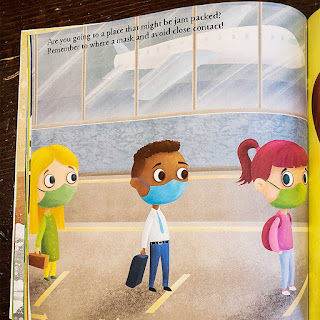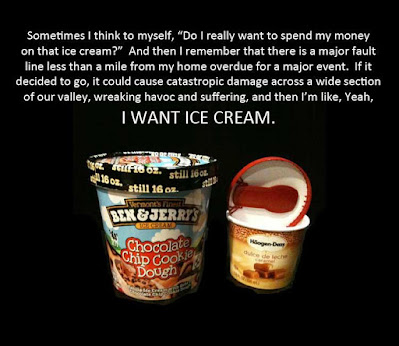Learning to read: pace and intensity

I read a book this afternoon with my 6-year-old grandson. It's fascinating to watch the development of language abilities in children. I don't remember learning to read myself; but there are some strong parallels to learning a foreign language, and to other kinds of learning in life. First of all, the text in the book was extremely basic. The word choice uses short, monosyllabic words; the development of the story line follows simplified plots. No native or experienced speaker would ever talk like this. Even young children quickly pass this in their oral communication. HOWEVER - when I try to write or converse in a language I'm not very familiar with, I find myself doing the very same thing. I have a limited, basic vocabulary, and so I try to use only those familiar words to get my message across. I even sometimes change a storyline because it doesn't fit my simple vocabulary. When my grandson read the story, he had to proceed slowly and carefully, sounding out many of ...













